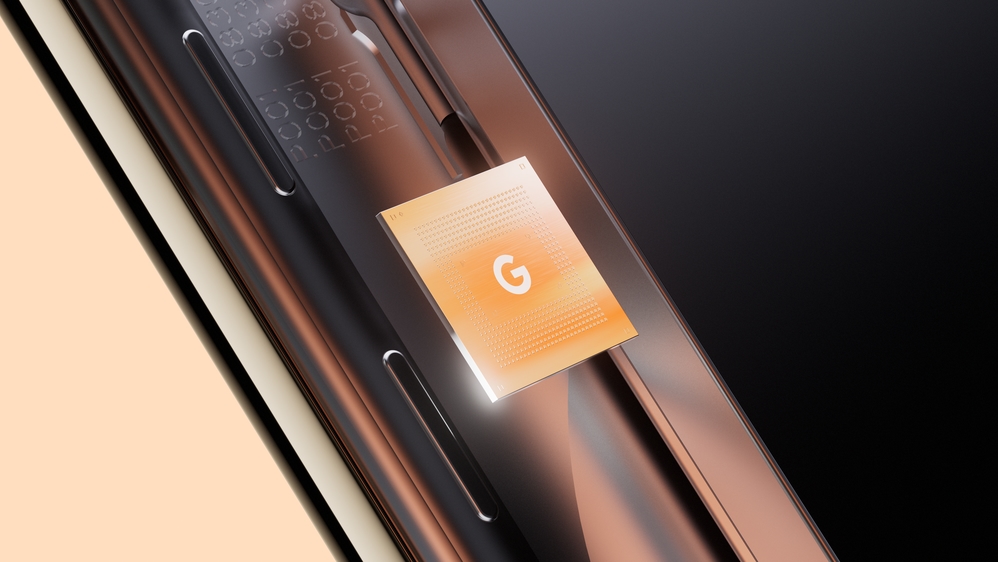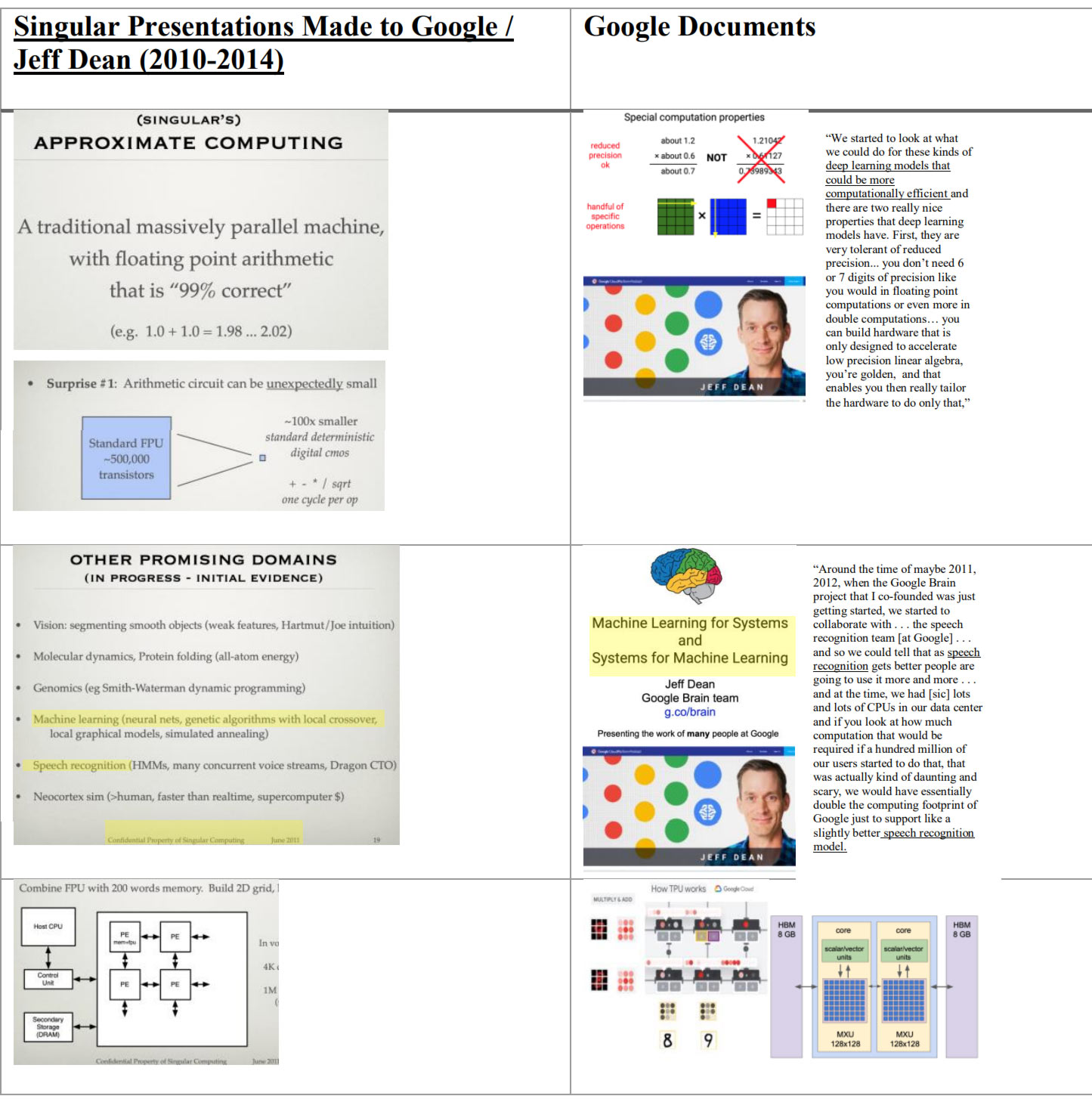
Earlier this month Google went to court to battle a lawsuit that alleged that it had designed its Tensor Processing Units (TPUs) using technological innovations devised by Singular Computing. The plaintiff had sought $1.67 billion in damages, claiming that Google used its patented architectures (patents filed in 2009) to create TPUs. On Wednesday, Google settled with Singular as the closing arguments in the case were scheduled to begin, reports Reuters. We don’t know the scale of the settlement, and Google isn’t admitting any wrongdoing as part of the settlement.
Reading the story behind the case as shared by the Register, and looking at the District Court of Massachusetts complaint for patent infringement (PDF), sheds light on Singular’s rather strong case. Check out the main points:
- Singular Computing was founded in 2005 by computer scientist Dr. Joseph Bates, a researcher and lecturer at several prominent US universities before becoming a startup founder.
- Bates claims to have personally shown his patent-protected technologies to interested Google employees under an NDA on three separate occasions between 2010 and 2014.
- Bates said he made it clear to Google execs that the technologies discussed were patent-protected. US Patent 8,407,273, US 9,218,156, and 10,416,961 were filed across 2009 and 2010.
- Internal emails show that Jeff Dean, the current Google Chief Scientist, wrote to colleagues about how Bates’ designs would be "really well suited" to Google workloads.
- Singular asserts that Google willfully infringed on its patents in its designs. In the court document it said, “Following disclosure to Google by Dr. Bates of his invention, Google copied and adopted Dr. Bates’ patented invention, incorporating such into the accused TPUv2 and TPUv3 Devices and more generally into its data centers.”
- Singular provided a comparison series of its slides shown to Google vs later published Google slides about similar technologies.

Google benefitted from technologies like those outlined above as they would speed up operations and make processing more efficient for tools like Search, Gmail, Translate, YouTube, and others. However, at the start of the court case, it argued that it created its TPU designs independently. Moreover, it insisted that the team that created its TPUs never met with Bates and its underlying technology was fundamentally different from that represented by Singular's patents.
Reuters reports that after news of the settlement broke, a Google spokesperson continued to assert that Singular’s technology patents weren’t violated. Google was "pleased to have resolved this matter," claimed the spokesperson, but the settlement sum and terms weren’t disclosed.







